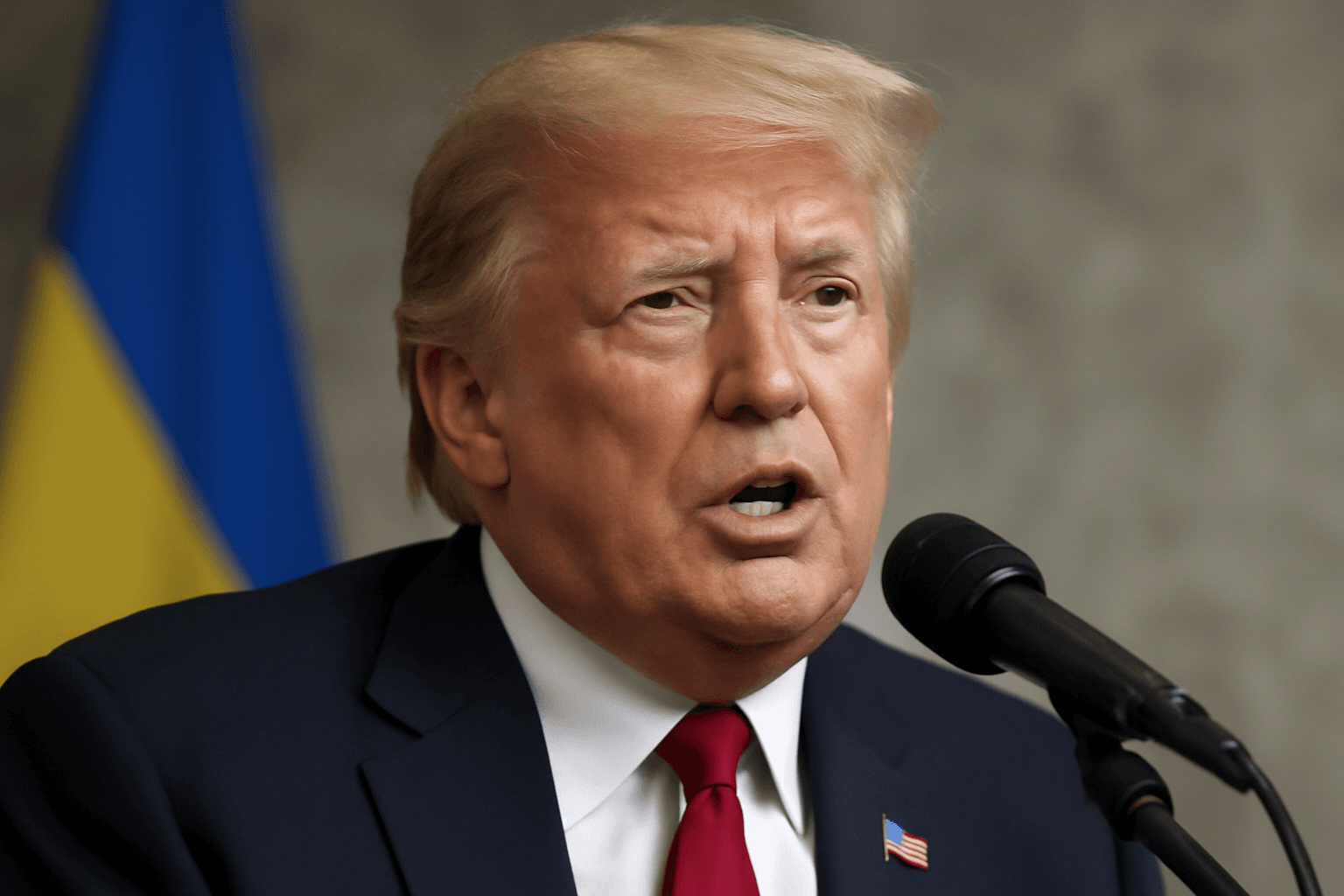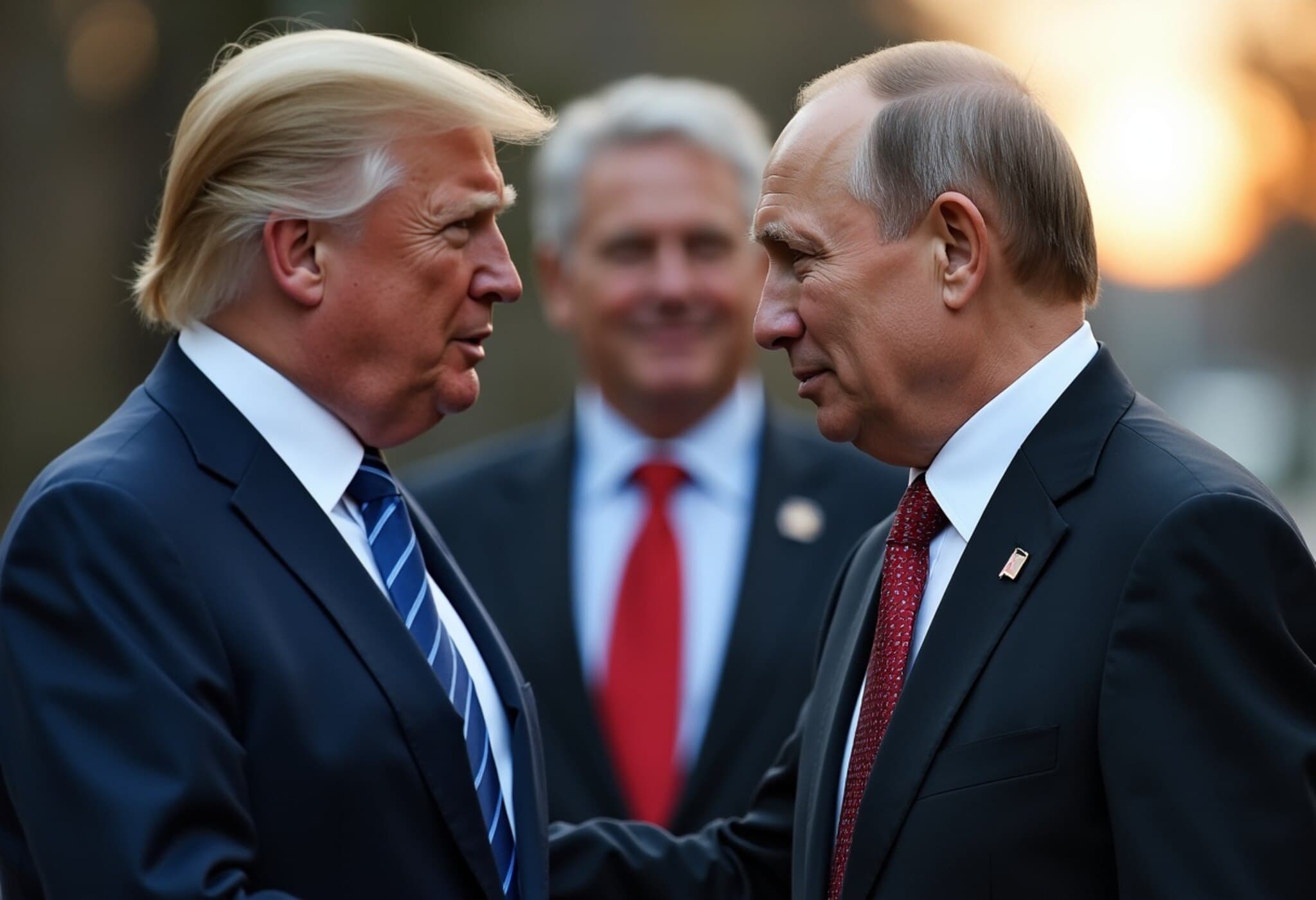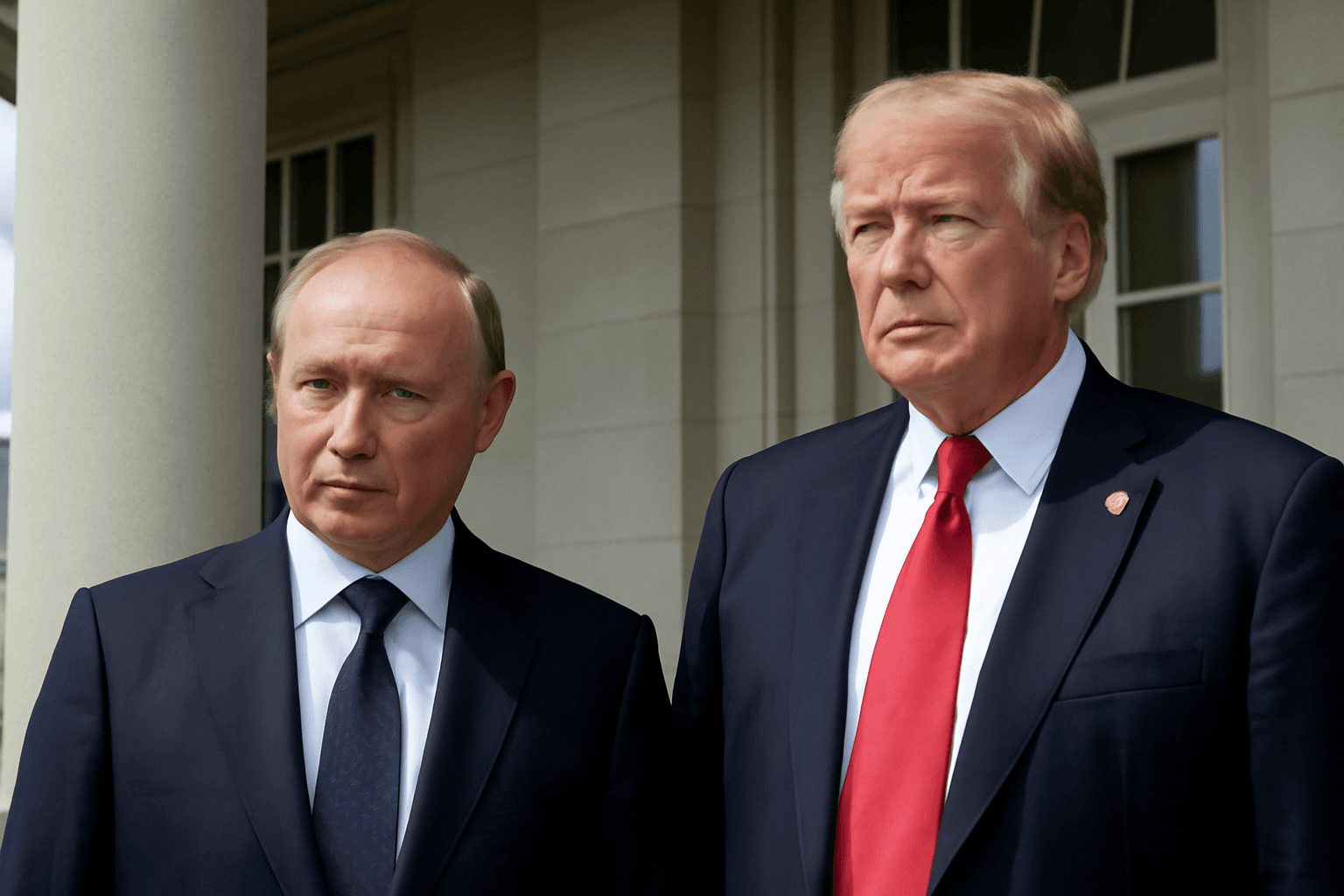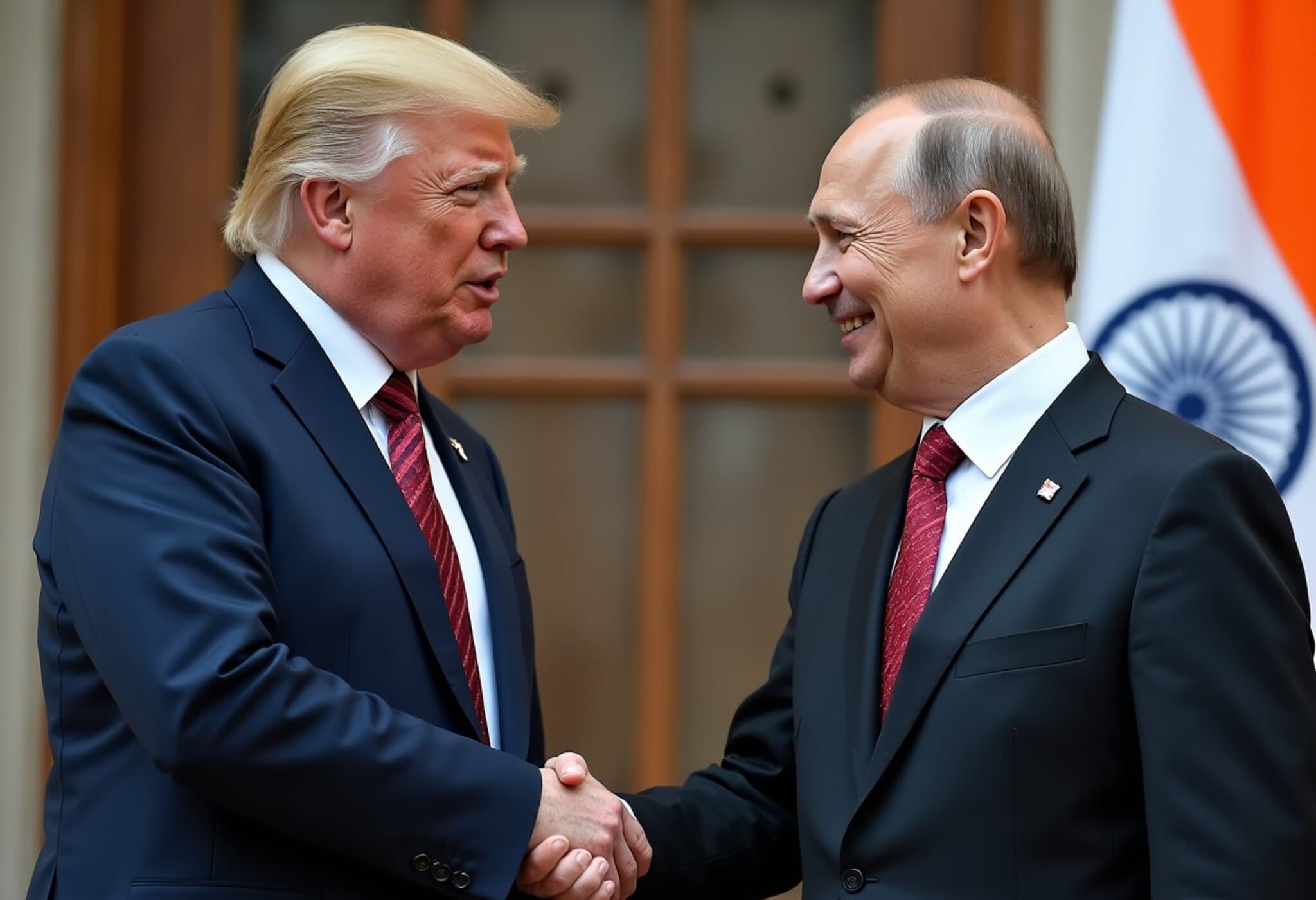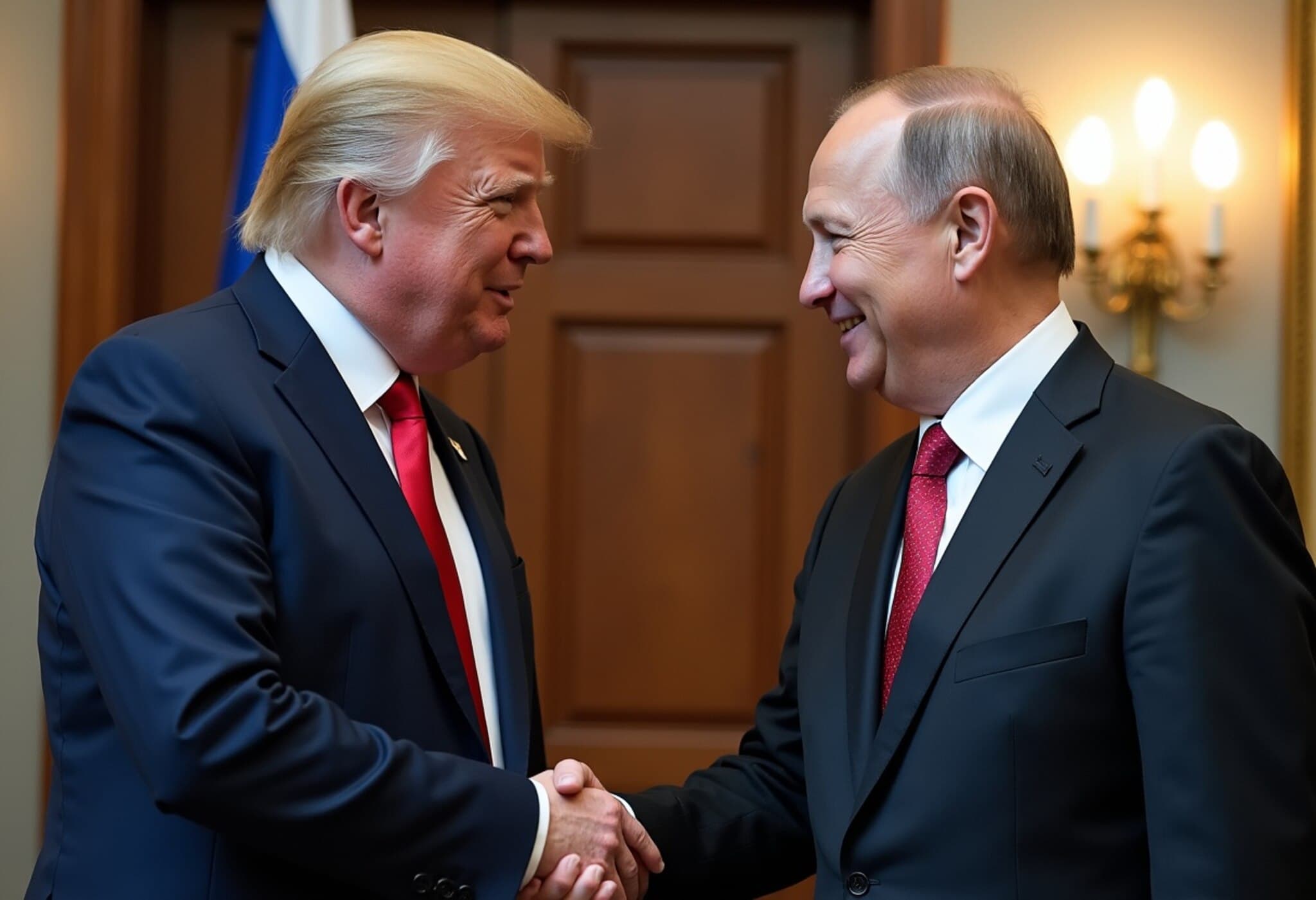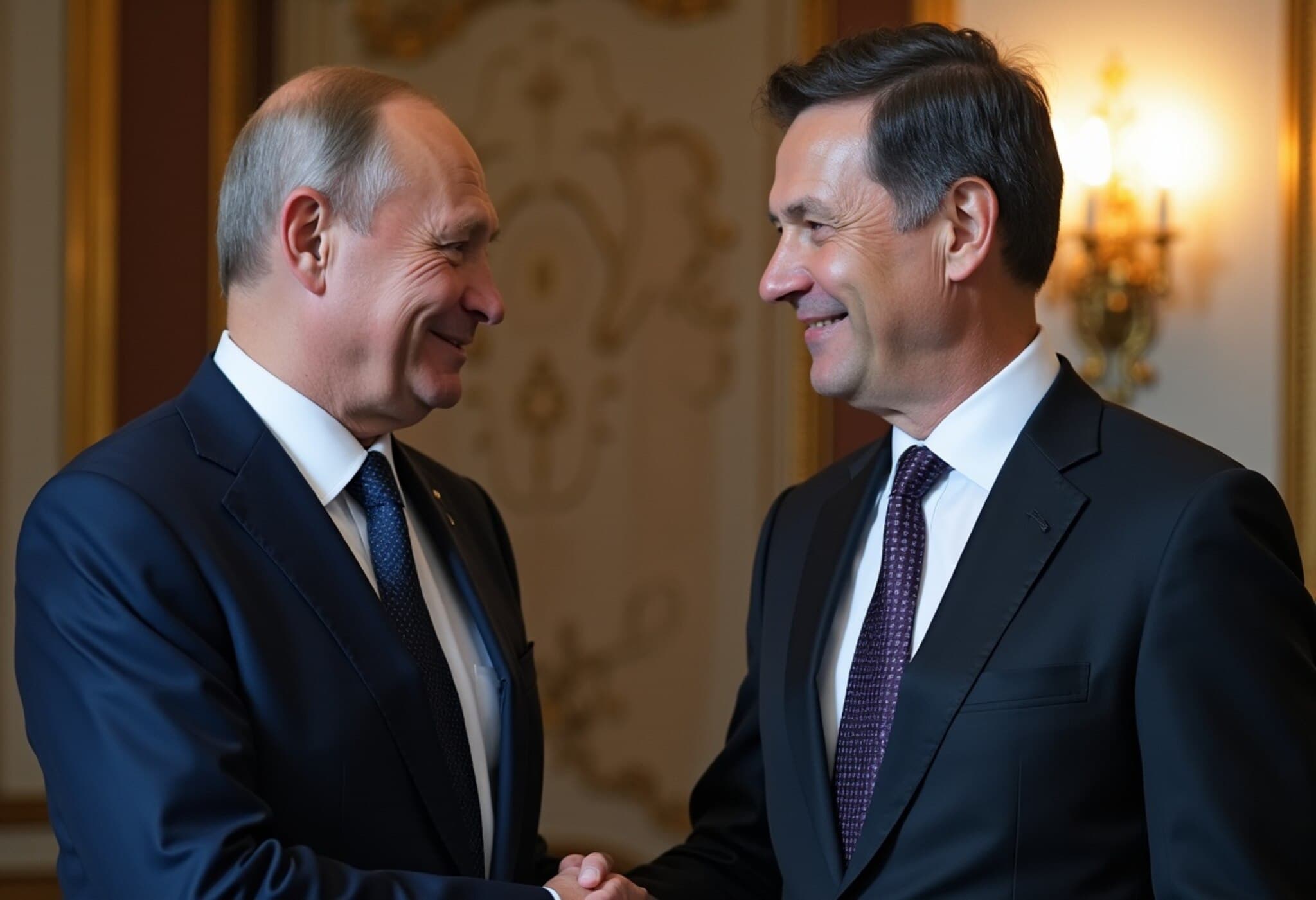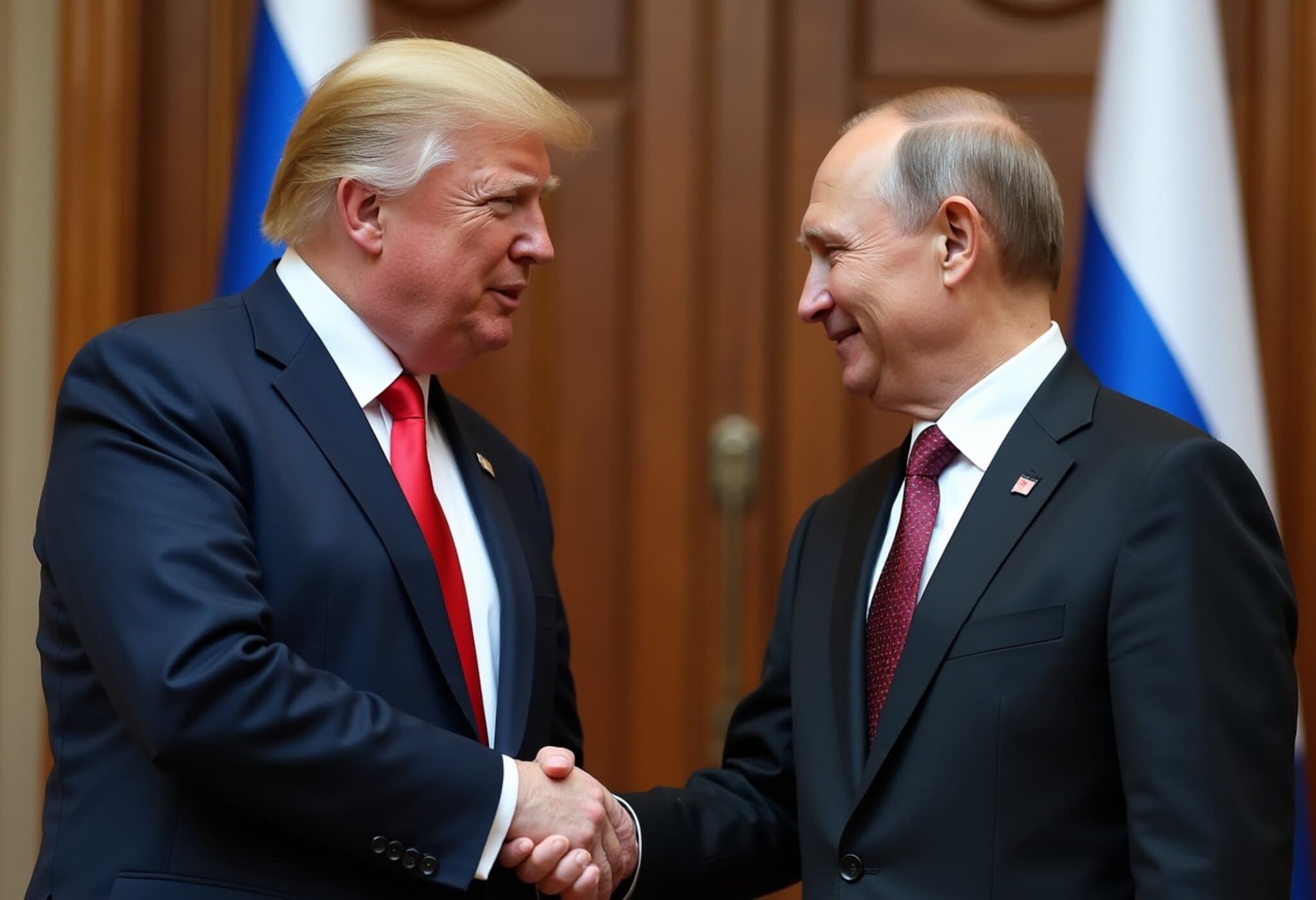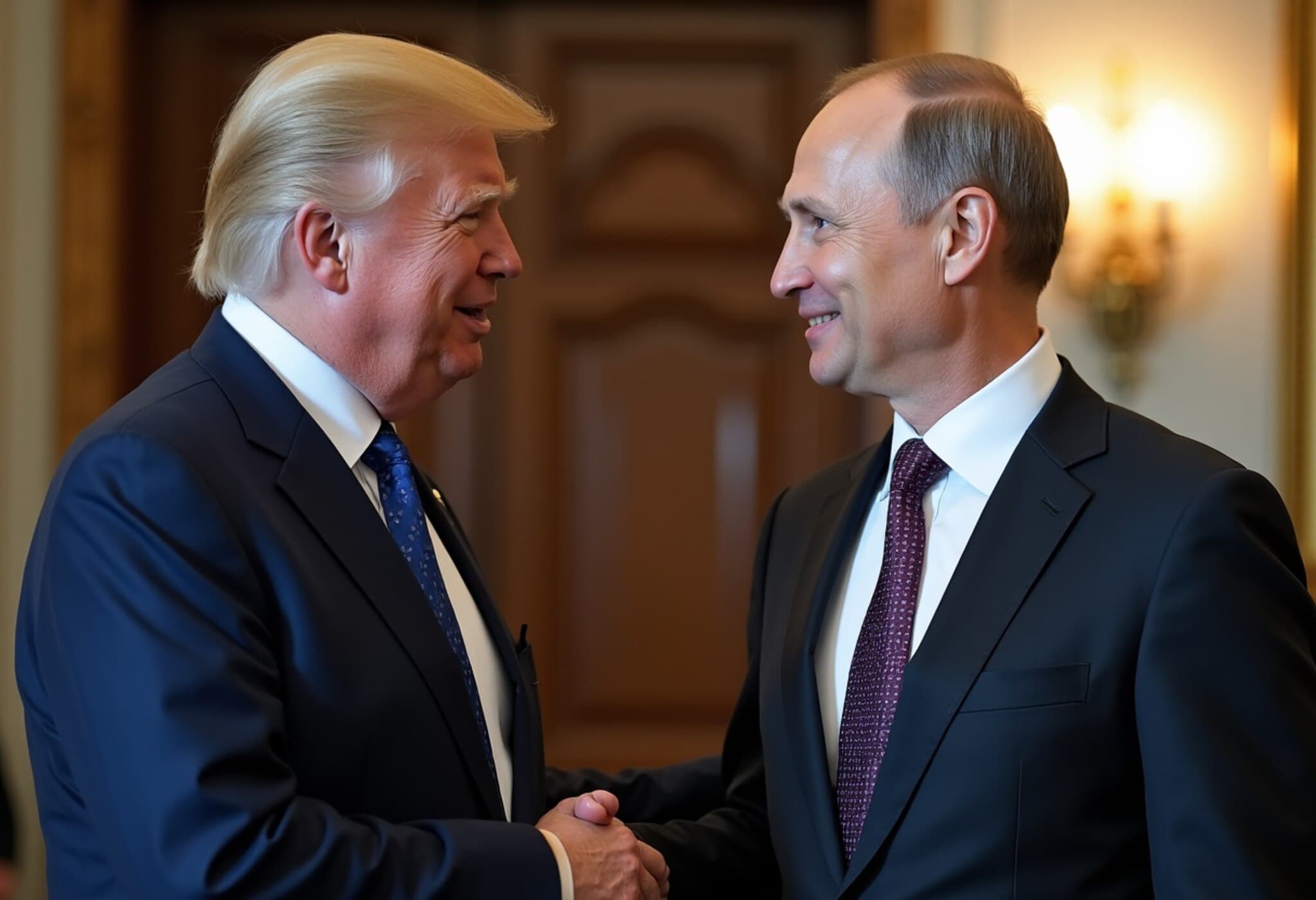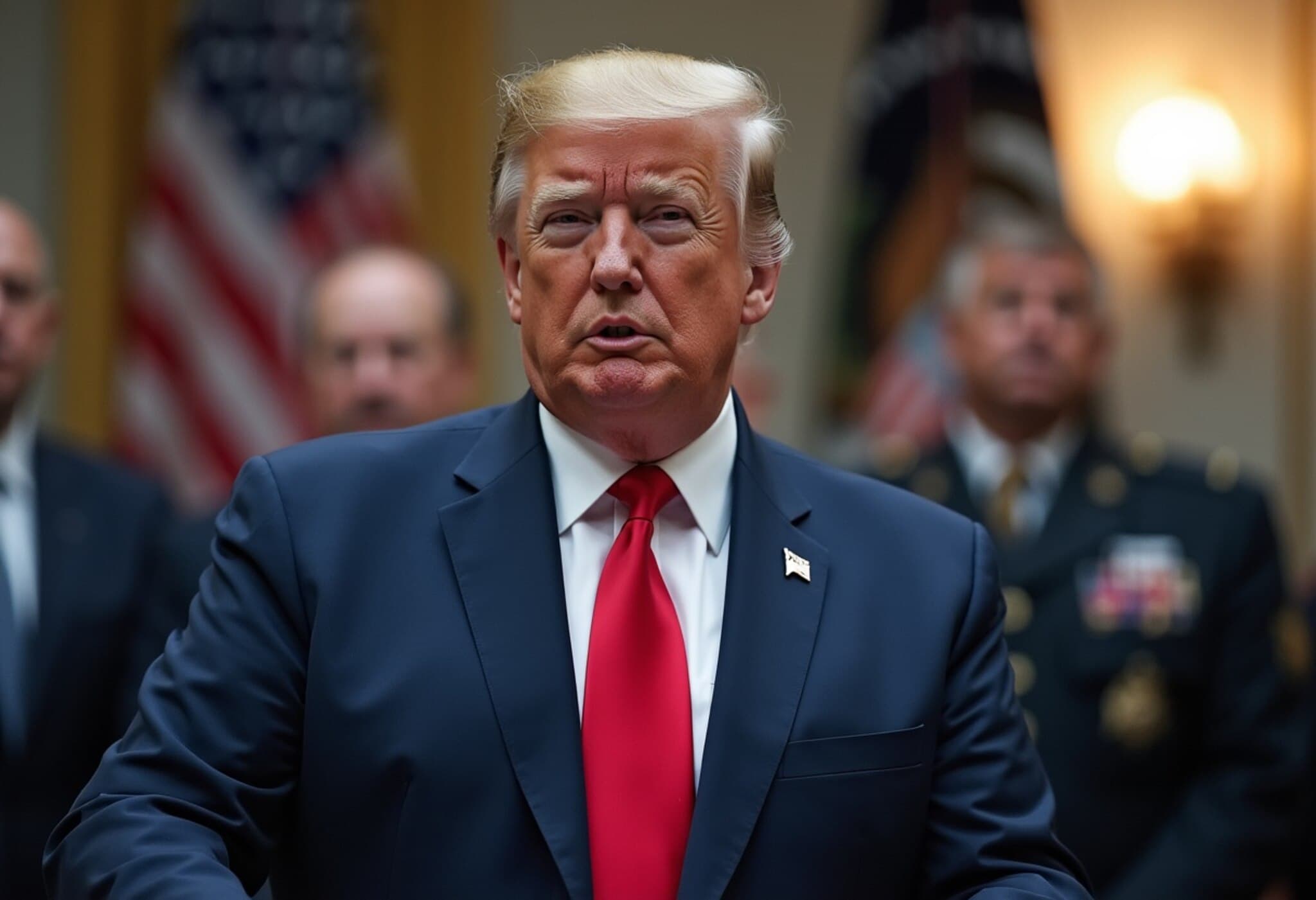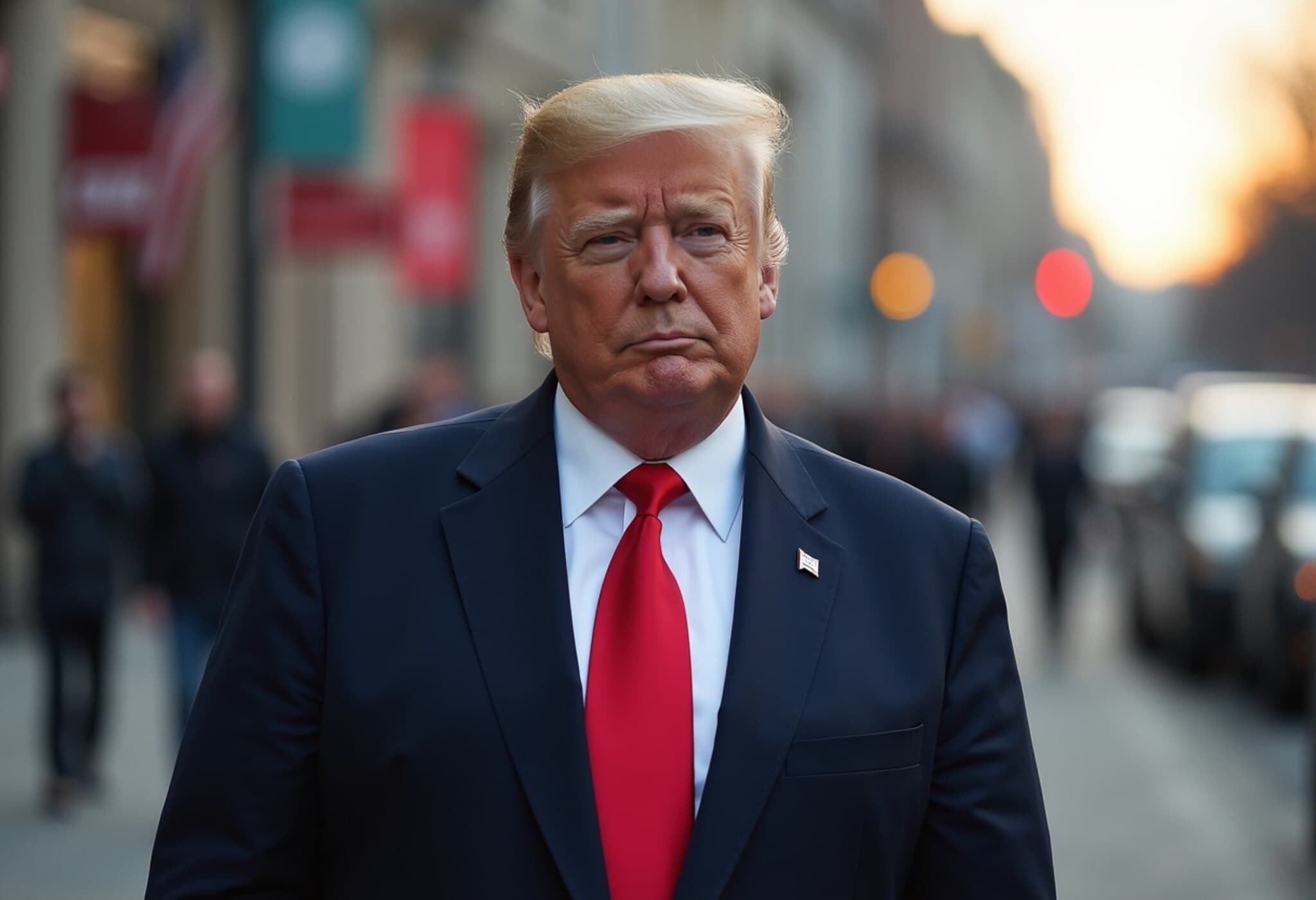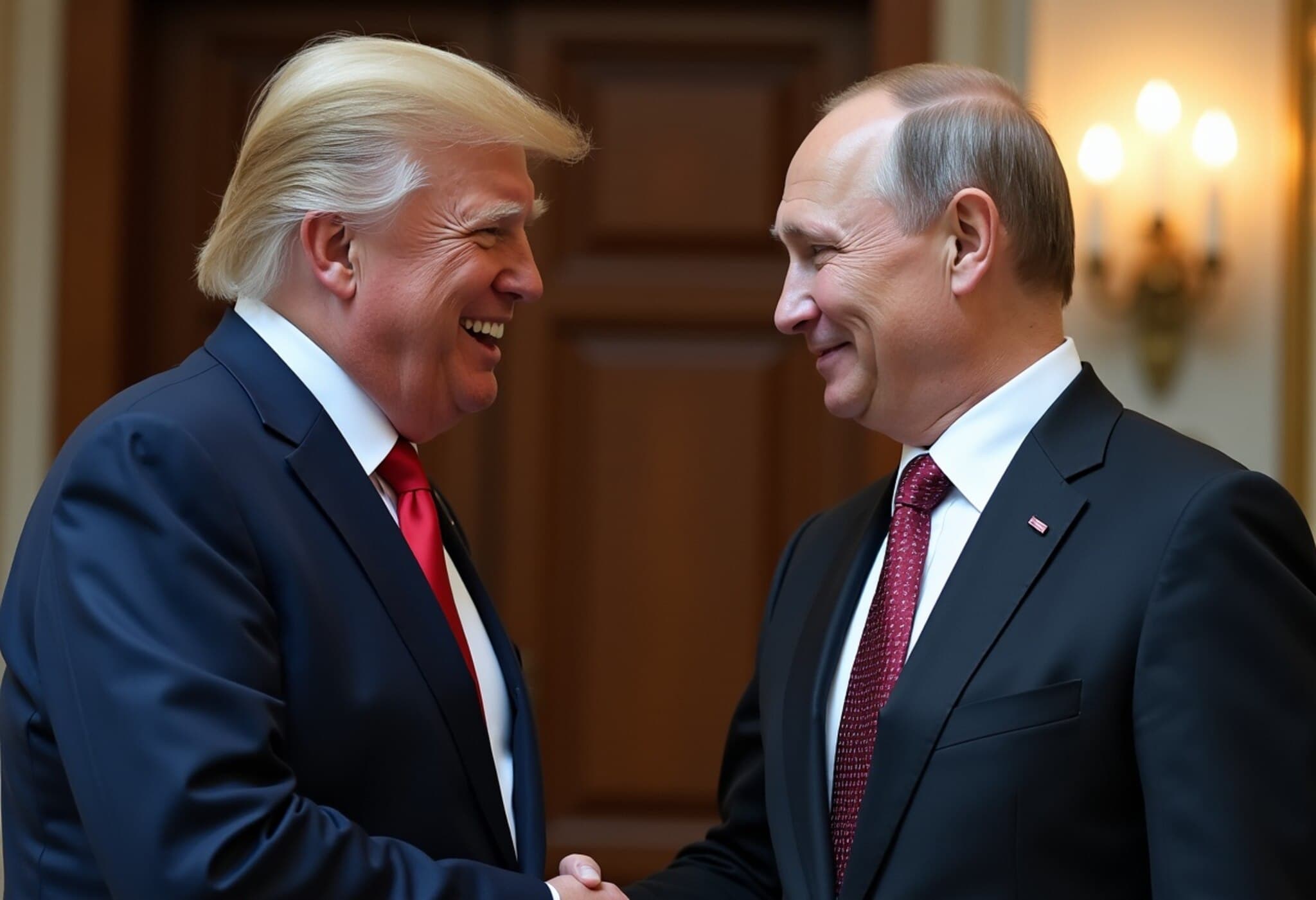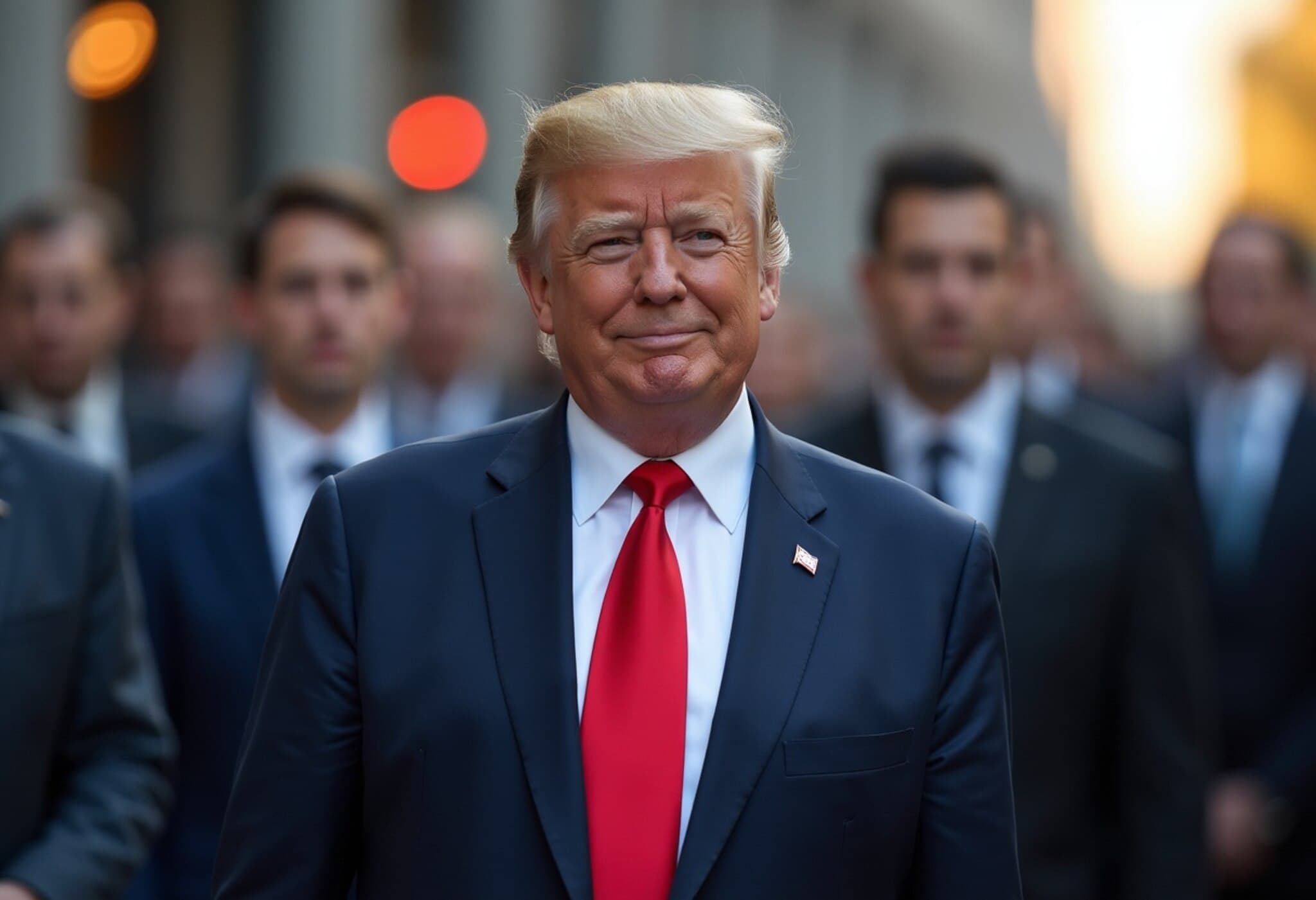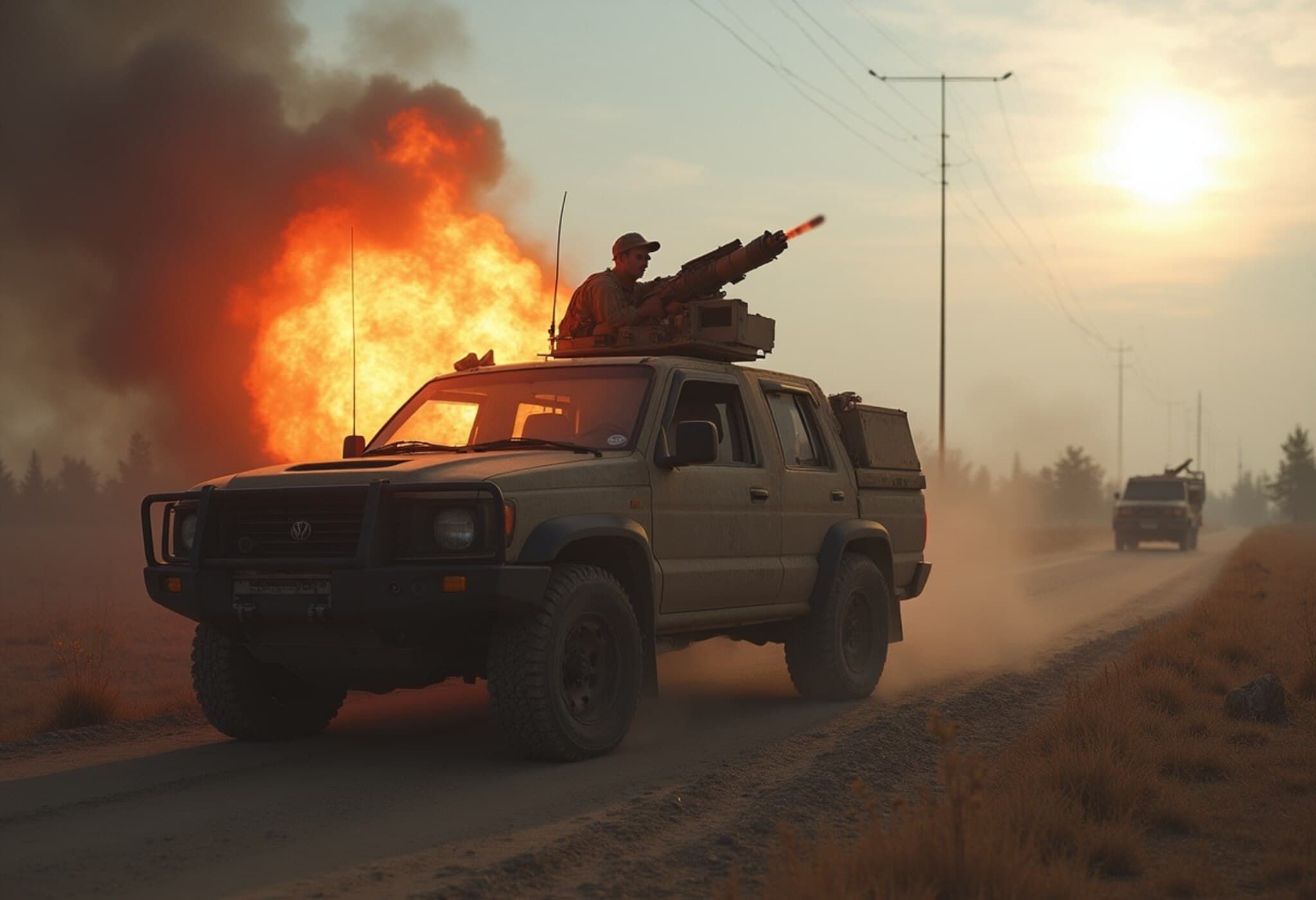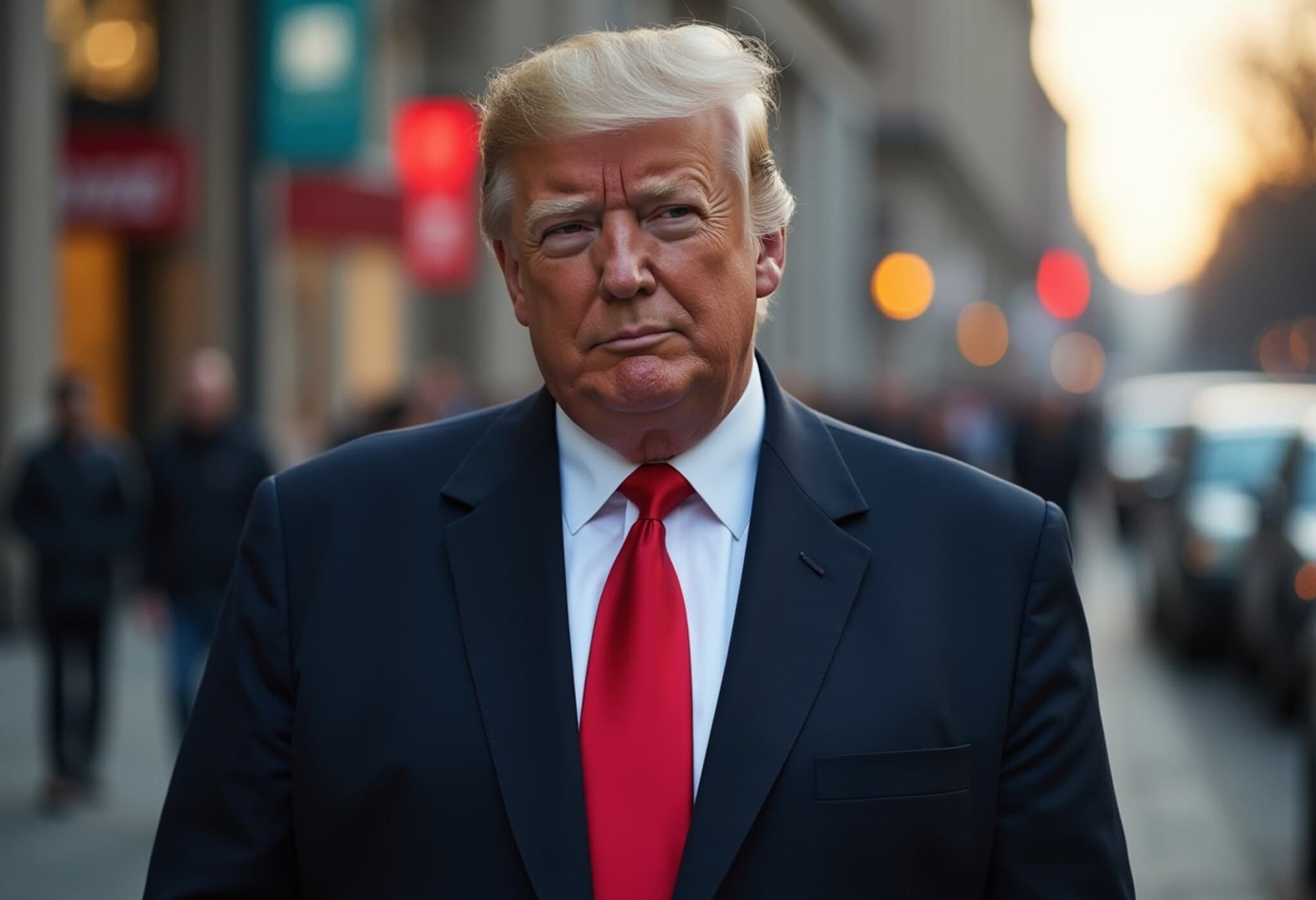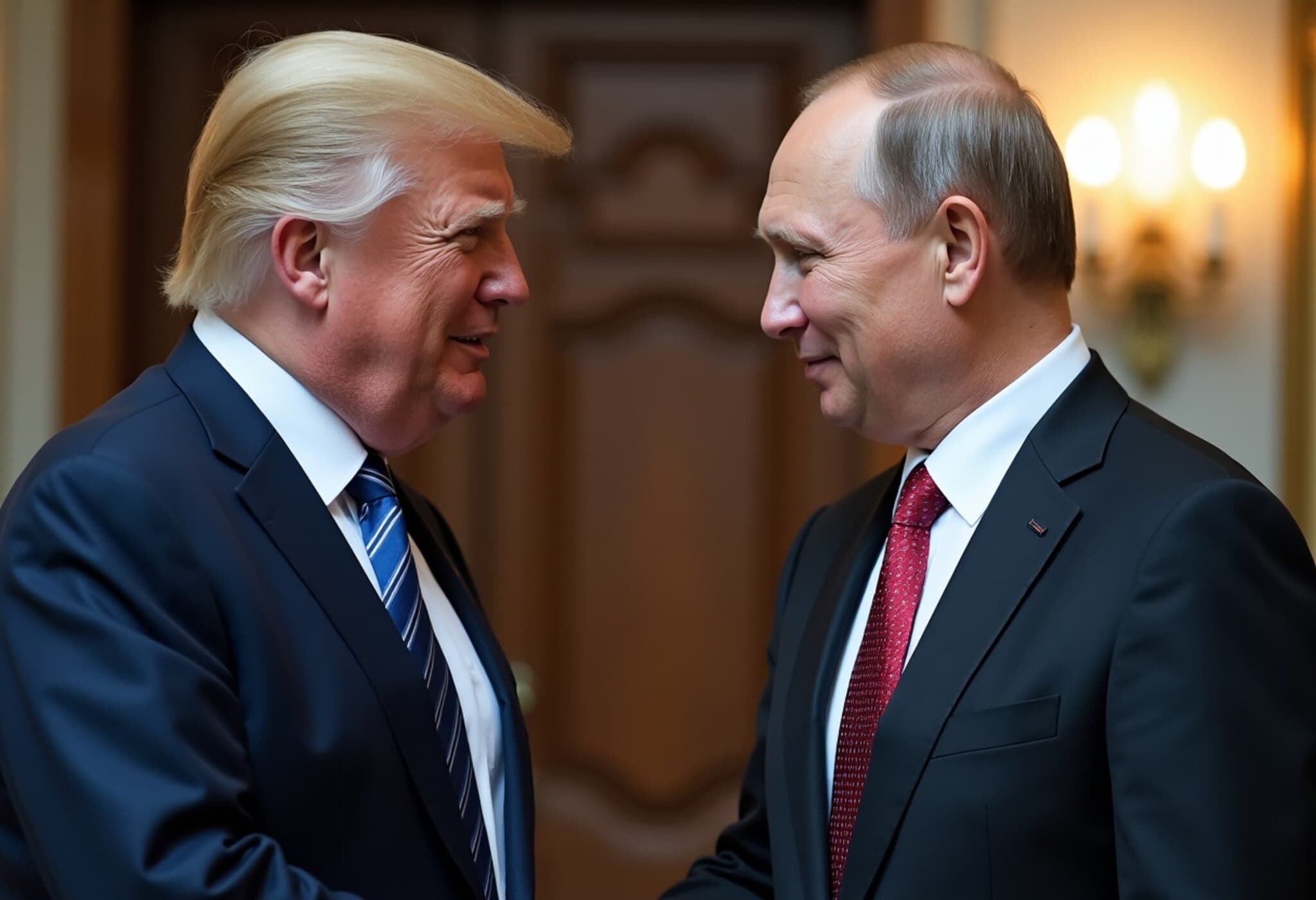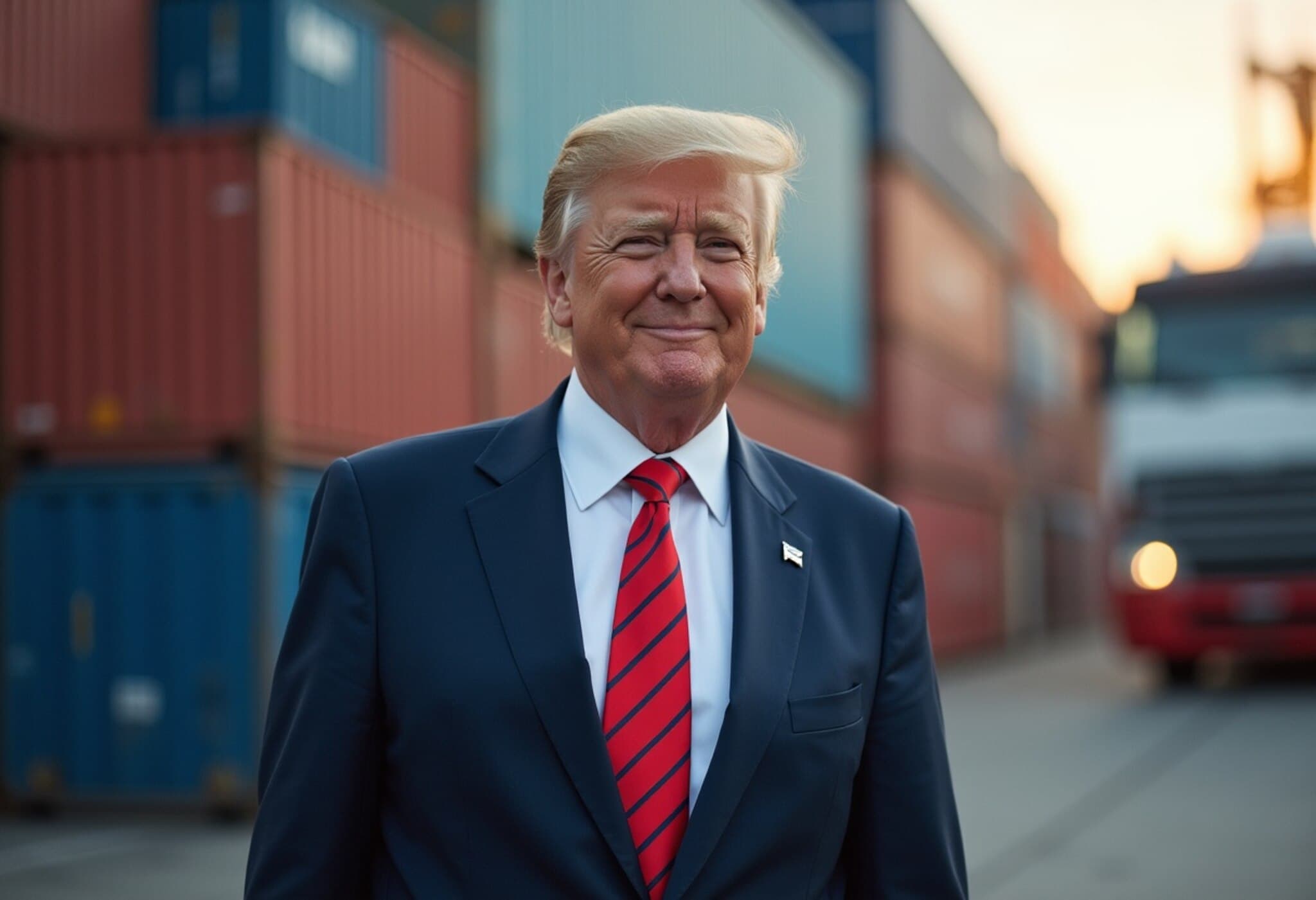Trump Calls Russia's Actions in Ukraine "Disgusting" and Signals New Sanctions
In a forthright and rare public admonishment, former U.S. President Donald Trump on Friday condemned Russia’s ongoing military campaign in Ukraine as "disgusting," signaling plans for additional sanctions despite skepticism about their effectiveness on Moscow’s leadership.
Sanctions Under Scrutiny Amid Escalating Conflict
Without explicitly naming Russian President Vladimir Putin, Trump questioned the impact international sanctions have had on Russia, stating, "I don't know that sanctions bother him." Trump’s remarks, captured by AFP, highlight the ongoing debate over sanctions as a diplomatic tool to curb Russia's aggression in Ukraine.
“We're going to put sanctions,” Trump emphasized, though his tone suggested doubt about their ability to alter Putin’s strategic calculations. This tension reflects broader concerns within U.S. policy circles about balancing punitive measures with practical geopolitical outcomes.
Criticism of India’s Russia Relations and Trade Policies
Expanding his critique to India, Trump expressed frustration over what he described as India’s economic alignment with Russia, dismissing it sharply: “I don’t care what India does with Russia. They can take their dead economies down together, for all I care.”
Trump characterized India's tariffs as some of the world’s highest, citing this as a key barrier to stronger U.S.-India trade relations. He also noted that U.S.-Russia trade remains minimal, advocating to “keep it that way” amidst the current geopolitical tensions.
Shortening the Timeline for Peace: From 50 Days to 10–12 Days
Amplifying pressure on Moscow, Trump reduced the timeline he previously set—a 50-day ultimatum for ending the war in Ukraine—to just 10 to 12 days. Speaking during a visit to Scotland, he attributed this reduction to repeated failures of ceasefire negotiations and ongoing civilian casualties.
Trump’s hardening stance was welcomed by Ukrainian officials, who view renewed U.S. pressure as critical in deterring further Russian aggression. However, the potential introduction of severe secondary tariffs targeting Russia and its allied trading partners such as India and China could escalate economic tensions on a global scale.
Expert Analysis: The Complex Web of Sanctions and Geopolitics
Trump’s comments come at a delicate moment in international relations. The efficacy of sanctions as a tool to influence authoritarian regimes has been debated extensively. While sanctions can cripple economies, leaders like Putin often leverage nationalist sentiment and alternative partnerships to withstand economic pressure.
This dynamic raises critical questions: Could tightening sanctions push countries like India closer to Russia, thereby fracturing global alliances further? How will secondary tariffs against major economies such as India and China affect the delicate balance of global trade and diplomacy?
Moreover, Trump’s blunt rhetoric illustrates how former presidents continue to shape the discourse around foreign policy, influencing public opinion and potentially diplomatic maneuvering. His impatience with prolonged conflict and failed ceasefires reflects a widespread frustration among policymakers and civilians alike, grappling with the human cost of the Ukraine war.
Regional Implications for the U.S., India, and Global Trade
- United States: Balancing sanctions enforcement while preserving strategic alliances remains a challenge.
- India: Navigating between economic ties with Russia and growing partnership with the U.S. creates diplomatic tightropes.
- Global Markets: Potential secondary tariffs could ripple across markets, impacting energy, commodities, and manufacturing sectors worldwide.
Editor’s Note
Donald Trump’s recent statements highlight the complexity of wielding economic sanctions as a tool of foreign policy amid entrenched conflicts. While his rhetoric is blunt, it underscores real frustrations shared by many regarding the drawn-out war in Ukraine and its global repercussions.
As the world watches, crucial questions remain: Will accelerating sanctions catalyze peace or deepen divisions? Can diplomacy find space amid economic reprisals? And how will nations like India balance competing pressures from global powers?
Understanding these evolving dynamics is essential for anyone seeking to grasp the future trajectory of international relations in an increasingly multipolar world.

